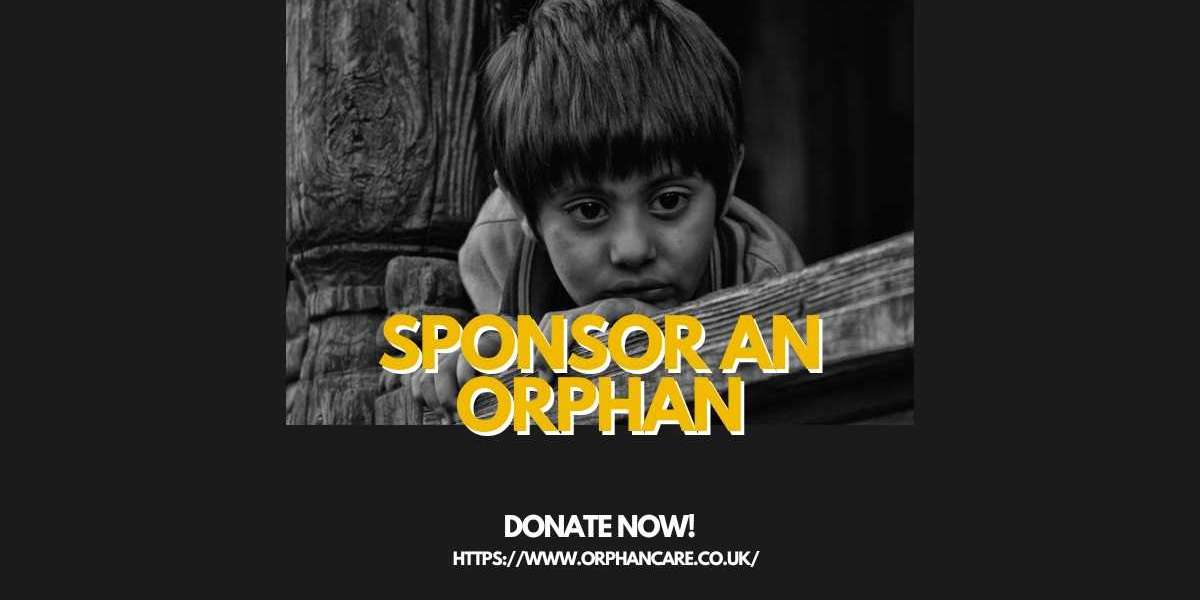Orphans, children who have lost one or both parents, face unique challenges that can impact their physical, emotional, and social well-being. Without the support and guidance of parents, they often encounter obstacles in various aspects of life. However, with the right societal support systems in place, these challenges can be mitigated, and orphans can thrive despite their circumstances.
Emotional Challenges
Orphans often experience profound feelings of grief, loneliness, and abandonment following the loss of their parents. The emotional trauma can lead to depression, anxiety, and behavioral issues if not addressed promptly. Without a stable support system, they may struggle to cope with their emotions and develop healthy relationships.
Social Stigma
In some cultures, orphans face social stigma and discrimination, which can further exacerbate their sense of isolation and low self-esteem. They may be marginalized or excluded from community activities, leading to feelings of alienation and worthlessness. Overcoming societal prejudices is crucial for orphans to feel accepted and valued members of society.
Financial Hardship
The loss of parental income and support can plunge orphans into poverty, making it difficult for them to access basic necessities such as food, shelter, and education. Financial instability can limit their opportunities for personal and academic growth, trapping them in a cycle of poverty that is difficult to break without external assistance.
Educational Barriers
Orphans often face significant obstacles in accessing quality education. Without parental guidance and financial resources, they may struggle to stay in school or afford educational materials and fees. As a result, they are at risk of falling behind academically and missing out on opportunities for higher education and future employment.
Healthcare Needs
Orphans may lack access to essential healthcare services, putting them at risk of untreated illnesses and preventable health conditions. Without parental supervision, they may neglect their health or fail to seek medical attention when needed. Addressing their healthcare needs is vital for ensuring their physical well-being and overall quality of life.
How can society support orphans:
1. Establish Supportive Communities
Creating supportive communities where orphans feel accepted and included is essential for their emotional well-being. This can be achieved through initiatives such as support groups, mentorship programs, and community events that provide opportunities for social interaction and connection.
2. Provide Counseling and Mental Health Services
Offering counseling and mental health services tailored to the needs of orphans can help them process their emotions and develop coping strategies. Trained professionals can provide individual or group therapy sessions to address issues such as grief, trauma, and self-esteem.
3. Eliminate Stigma and Discrimination
Combatting social stigma and discrimination against orphans requires raising awareness and promoting acceptance and inclusion. Educational campaigns and advocacy efforts can challenge stereotypes and promote empathy and understanding towards orphaned children and their families.
4. Ensure Access to Education
Guaranteeing access to quality education for orphans is crucial for breaking the cycle of poverty and empowering them to reach their full potential. This can be achieved through scholarship programs, school sponsorships, and initiatives to remove financial barriers to education.
5. Provide Financial Assistance
Offering financial assistance to orphaned children and their caregivers can help alleviate economic hardship and ensure they have access to basic necessities. This may include cash transfers, food assistance programs, and subsidies for housing and healthcare.
6. Strengthen Child Welfare Systems
Investing in robust child welfare systems that prioritize the needs and rights of orphaned children is essential for their protection and well-being. This includes strengthening legal frameworks, improving access to social services, and training social workers to effectively support orphaned children and their families.
If you want to help the poor and needy Children's then visit our site and Donate them.
Conclusion
Orphans face a myriad of challenges that can impact their physical, emotional, and social development. However, with the support of society, they can overcome these obstacles and lead fulfilling lives. By establishing supportive communities, providing access to education and healthcare, and eliminating stigma and discrimination, we can create a more inclusive and equitable society where all children, regardless of their family circumstances, have the opportunity to thrive.








